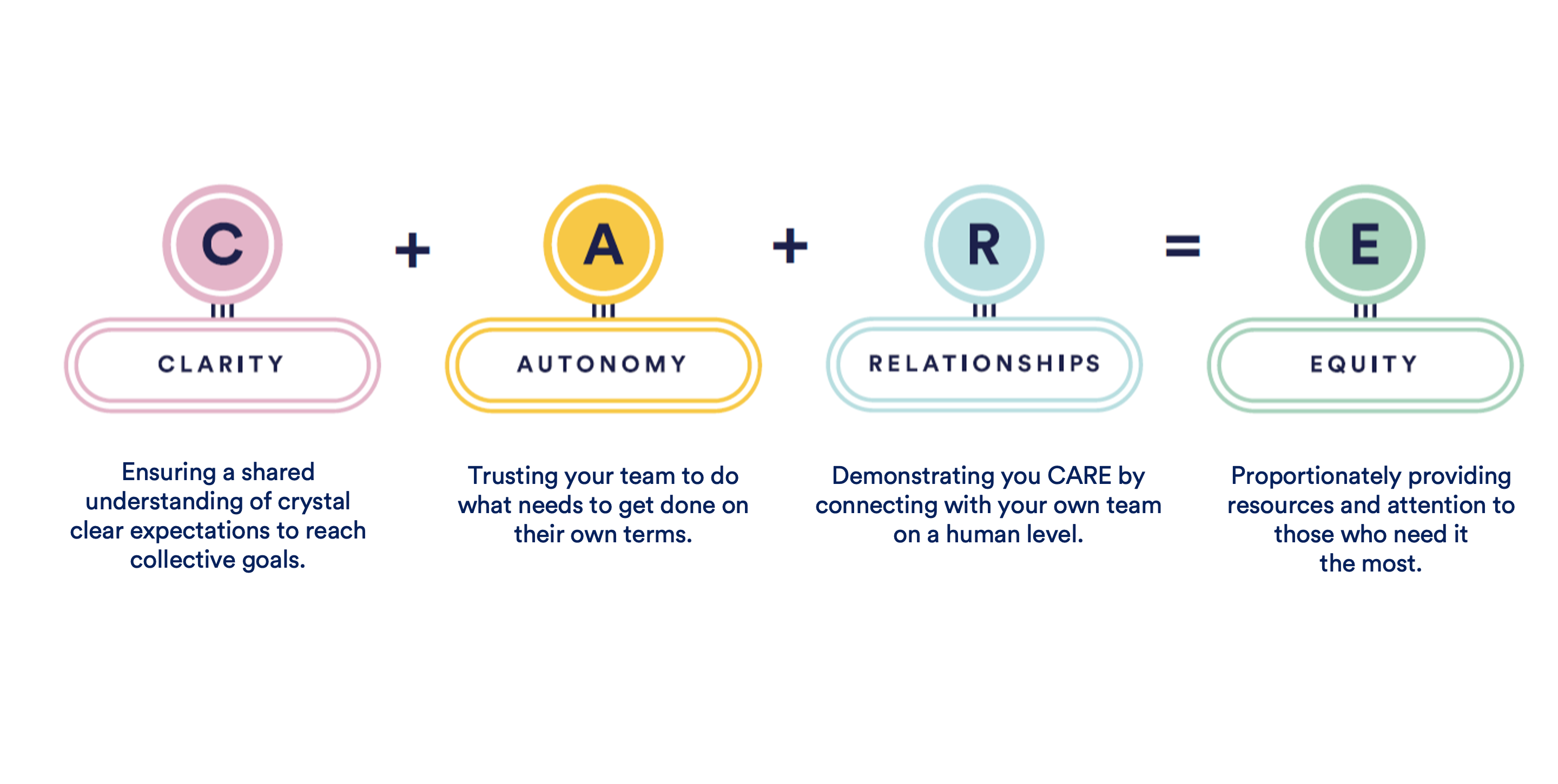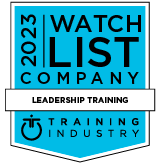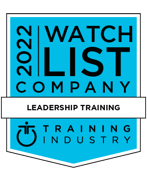"CARE is a genuine program which can bend and evolve with any organization."
Chris Dobrez | DOBER PRESIDENT
Chris Dobrez | Dober President:
My name is Chris Dobrez, and I'm the president of Dober.
Dober is a family-owned business, sixty-four years young as we like to say now.
As the president of the company, I am carrying the torch of culture, and helping educate the company. What's the difference between culture and core values?
Core values stand the test of time.
I talked earlier about how they originated from our mom and dad. My dad brought in the business, and the children perpetuated through, and so forth.
Culture needs to adapt with the times, and one of the best descriptions of culture I ever heard was, “It's just the way we get work done around here”, and just the way we get work done around here changes as you get new team members with new ideas, new technologies, new buildings, and new ideas around how you collaborate.
Dober wanted to want to make sure that we adapted with the times.
Angela Howard | Dober Culture Consultant:
If you take your eye off of culture, people will create the culture for you.
A lot of companies are like teenagers; they don't know who they are right. They are like who am I? I'm exploring, I'm trying to figure out who I am…
Having that anchor is so important because everyone needs to align to that.
The very first thing we implemented and invested in was leadership development. We wanted to make sure that community was built, and it was on the same page… which gets us into the Dober leads program, The CARE Model®, which is the anchor that we used for the behaviors.
So, when we launched The CARE Model®, all the leaders started using the word clarity, and they knew what that meant, it was clear as to what clarity meant, and they started embodying that within their teams.
But, as far as sales and growth, we are seeing a ton of fantastic innovation. We are seeing our people speak up and speak out about the things they want to see implemented at Dober, so that psychological safety is starting to swell.
Chris Dobrez | Dober President:
Psychological safety is something that we were pursuing on introducing to the company before working with DX learning.
There had to be a business reason for it.
There wasn't this, “Oh this is nice. It seems to be where some businesses are trending in culture so let's do it.”
There had to be a connection to the strategic benefit for the company, and without a doubt that strategic benefit to the company is it improves team effectiveness, and if you improve team effectiveness, you're going to have better creativity, and better innovation.
Psychological safety is making sure everyone knows in this organization they should feel safe to say what's on their mind, what they're feeling, what their opinions are, and to not feel that they should hold back.
Angela Howard | Dober Culture Consultant:
The CARE Model® is beautiful and that in its simplicity, in its articulation of some key concepts that really cover a lot of ground.
DX Learning’s gift is integration.
We’ve worked with a lot of consulting companies and partners that has something that’s out-of-the-box, and they copy, and they paste, they copy, and they paste.
Kortney Overzet | Dober Director of People Operations and Culture:
We're striving for the same sustainable solutions. We might do it in different ways, but we shouldn't do the culture in different ways, we’re all one heartbeat again.
So, when you do have some that maybe pick and choose where they want to be with the culture, that's where you start to have a breakdown.
To your point CARE, people are talking about “Okay what does that mean?”, but when you think about it, it means the same thing you know, you want to feel care, you want to give CARE, and that feeds straight into culture.
You're not going to have a culture doesn't care about people. You're not going to have a culture that doesn't want to strive for those pieces.
For example, at the end of a meeting I can't tell you how many times we have, “Okay let me recap, make sure we're all clear on what next steps are, who's doing what by when?”
It's played out in the actual behaviors.
That's definitely a fan favorite I would say.
It can be scary to figure out where to start. This is not scary.
It can feel uncomfortable, and it's always going to feel uncomfortable when you make change, but this feels human.
Chris Dobrez | Dober President:
I recommend DX learning because your program is a genuine program that can bend and evolve with any organization.
We've been able to take The CARE Model® and incorporate the components of it where we had gaps instead of, “Oh let's replace everything, we've been working on and now here's our new model”. That's been a pleasant surprise.
I was worried about that initially, like we're not going to say The CARE Model®, that's all we're doing here at Dober, no, we've been doing all this culture work, so The CARE Model® is able to come in and help us do a lot of what we're doing better, and in areas that we were maybe blind to or weren't doing at all, to get us going on it.
Get in touch with us to find out how CARE can help your organization and your leaders.

Ensuring leaders from all levels
live out company values, all day, every day.
Align your managers to your values with the most effective leadership training.
The CARE Experience® trains people to be conscious of how their brain works against them when it comes to living out their company culture.
Our CARE model puts the WHY into any organization's WHAT (values) and HOW (behaviors),
creating a psychologically safe culture worth working for - for everyone.
Plan for the Future of Your Culture.
Reach out to the DX team today.



